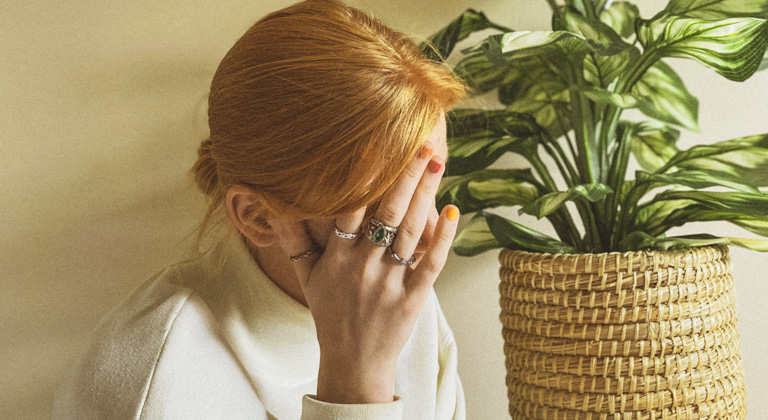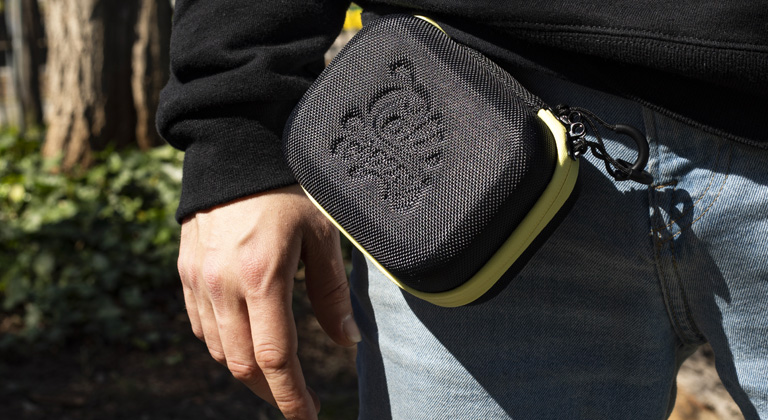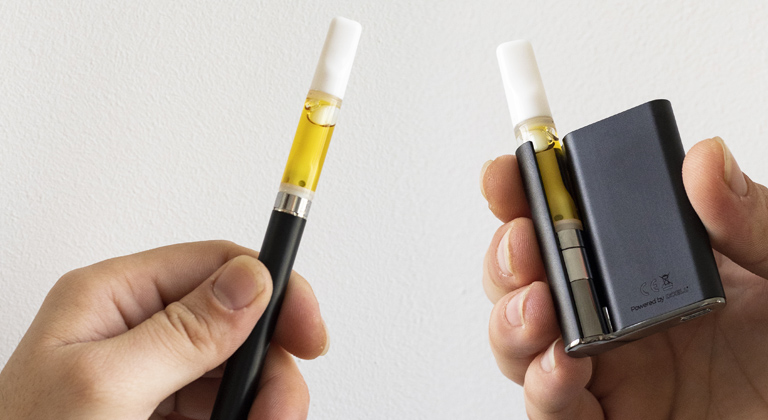A lot of lifestyles in today’s society have led to a series of psychological issues, derived from high levels of stress. We have to be productive, but also have an active social life, while making sure we tick all of the other boxes: clean home, work, travelling, family, cars…
Social pressure and the rhythm at which we’re living, dictated by immediacy and “fomo”, make it so that more and more people suffer from the side effects of chronic stress: anxiety, insomnia, panic attacks and a never-ending list of psychological issues that are clear signs that something isn’t right.
What are Benzodiazepines?
Benzodiazepines are a group of medications that produce psychotropic effects described as hypnotic, sedative, anxiolytic, relaxing, anti-convulsant and amnesic. They do this by depressing the central nervous system and they’re generally used to treat issues such as anxiety and insomnia.
They mustn’t be confused with opioid medication, which is used to treat pain; before combining the two, always consult with a health professional, as consuming both at the same time can cause drowsiness, shortness of breath, comas and in some cases, it can be fatal.
Some of the most common medications classed as benzodiazepines are Diazepam, Alprazolam, Lorazepam, Clonazepam, Bromazepam, Lormetazepam and Estazolam.
Secondary Effects of Benzodiazepines
It’s important to differentiate between the most immediate effects produced by this type of medication and long-term secondary effects. The short-term effects are:
- Week muscles
- Long-lasting: this medication can take up to 100 hours to disappear entirely from the body.
- Sedation
- Motor function issues
- Risk of falling
- Headaches
- Diarrhea or nausea
- Memory issues
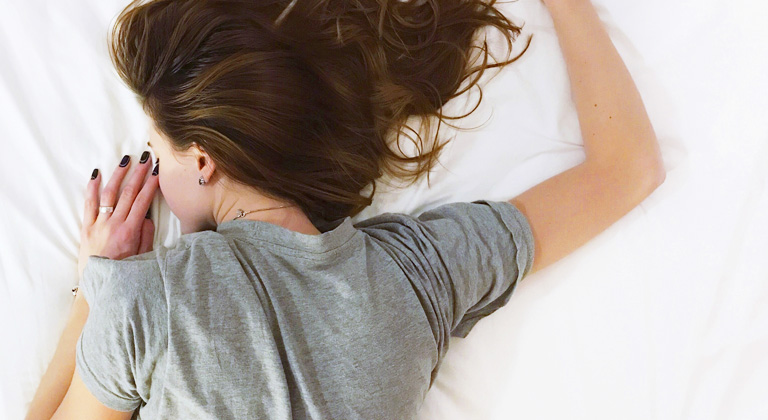
When it comes to long-term, after prolonged use of these substances the side effects could be:
- Cognitive function deterioration: attention and visual/special capacities.
- Reduces sleep quality: ironically, even though this type of medicine is often given to treat insomnia temporarily, in the long-term, consumption of benzodiazepines can worsen and cause sleep disorders.
- Risk of induced dementia in older people.
- Boomerang effect: benzodiazepines are a double-edged sword, as they can cause addiction and can cause the underlying issue for why the treatment was started to come back, such as anxiety disorders etc.
- Aggression and irritability: the prolonged consumption of benzodiazepines can cause aggressive and even violent outbursts.
Severe immune system disorders.
Many of the side effects produced by benzodiazepines and the ability to reduce them depend greatly on the strength of the drug used, the duration of the treatment and the dosage, as well as the physical and mental characteristics of the patient.
Do Sedatives Cause Addiction?
Over the last few years, experts have rang the alarm bells when it comes to excess use of this type of sedative under medical prescription and its side effects.
Among those which we mentioned above, the most worrying one is the addiction that this type of substance can cause in patients; a factor that hasn’t been taken into consideration which is clear – the numbers show that it’s been prescribed a bit too often. In Spain, in 2020 almost 110 daily doses were taken per 1000 citizens.
The truth is that it lies in the dosage and duration of the treatment. Let’s use a practical example; a patient goes to the doctor because, after traumatizing events in their life (the loss of a loved one, divorce, losing their job etc.) they can’t get to sleep. This is causing them to lose focus and not be able to carry out their daily tasks, which means their situation is getting worse and their lack of sleep prevents them from coping emotionally.
The doctor might prescribe a short benzodiazepine treatment, after which the patient manages to sleep and recover a certain balance, dealing better with the stress that was causing the insomnia in the first place.
In this case, the medication has worked properly and the health benefits (recovering sleep, resting and regaining mental stability) outweigh the possible short-term side effects.
However, if that same patient kept taking the meds as part of a prolonged treatment, they may create a serious addiction issue, worsening the patient’s health due to the previously mentioned long-term side effects. In this case, benzodiazepines don’t just do nothing for the issue, they add more problems of their own.

An Increase in Sedative Consumption in the Last Few Years
News outlets have reported on research done in 2020 by the International Narcotics Control Board, which situated Spain at the top of world-wide benzodiazepine users. This paper, which was written using data from 85 different countries, stated that Spain’s consumption was over 100 daily doses per 1000 citizens, followed by Serbia, Uruguay, Israel, the US, and Hungry. The most consumed medications are:
- Alprazolam
- Lorazepam
- Diazepam
- Clonazepam
- Bromazepam
- Lormetazepam
- Estazolam
While it’s true that 2020 was a period in which the increased use of benzodiazepines could be chalked down to collective anxiety provoked by the covid pandemic, the consumption of these types of meds has been on the rise since much before, and not just in Spain – all over the world.
Why is Anxiolytic Usage Increasing?
Seemingly, experts put this increased consumption down to various factors, including:
- The lack of health assistance in therapy: taking sedatives to treat anxiety or sleep disorders without having previously done psychological therapy is like putting a band-aid on a cut before disinfecting it. Anxiolytic medicine works as a tool to “put out the fire” momentarily, but it’s important to find and treat the personal or environmental issues that put the patient in that situation. Without therapy, the risk of the patient developing an addiction to this type of medication and worsening their condition is quite high. The problem, in many cases such as Spain, is that the State does not offer therapy as assistance within social security, the resources for it are few and far between, and in many cases they’re overwhelmed anyway, meaning patients do not have proper quality access.
- Easy access to this type of medication: due to the lack of psychological evaluation and possibly other factors, the prescription of benzodiazepines by doctors has been overused. In most cases, it’s the GP who prescribes these medications as there is no other way of giving the patient a solution. A study done by Antonio Cano Vindel, a professor of psychology at the Complutense University and president of the SEAS (Spanish Society for Stress and Anxiety), concluded that therapy is much more efficient at treating this type of issue compared to benzodiazepines. The study, which was done in 22 different health centers with over 1000 patients, showed that out of those who did therapy, 70% of them stopped suffering from anxiety, compared to 20% of patients who went on benzodiazepines. Experts guarantee that it’s not about sedating the patients so they stop feeling and even stop being active, it’s about managing the symptoms and getting the right tools to deal with them.
- Lifestyle: in a competitive society like ours, the everyday rhythm of life makes people take on unhealthy habits which can affect stress levels. A lot of time spent in front of screens, substances such as coffee, tobacco, alcohol, sedentary lifestyles and a lack of contact with nature are factors that increase the risk of suffering from anxiety. Plus, society is constantly pushing for immediate gratification and “having” more than “being” – a lack of values or a collective belief in the wrong ideals which are increasing unhappiness and dissatisfaction.
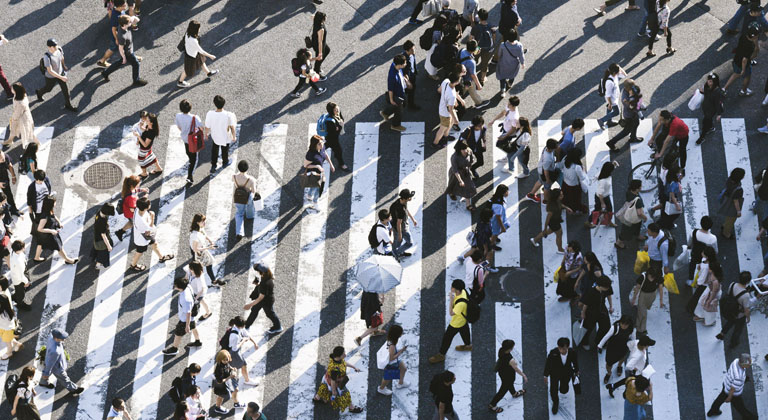
CBD as an alternative to Sedatives
Due to the increase in taxes on benzodiazepines and the side effects they cause, experts have already began looking for alternatives.
One of them is CBD, the non-psychoactive cannabinoid found in cannabis plants that has been the sole focus of many studies over the last few years. Among other properties, CBD or cannabidiol has proven to be an efficient anxiolytic; because of this, and because it’s a substance with a high safety rating (low or even non-existent side effects), it’s considered as an alternative as traditional anxiety medication.
How Does CBD’s Anxiolytic Effect Work?
The mechanisms through which cannabidiol is able to produce a calming effect are still being studied, and there have been various research and study attempts made on the subject.
One of them, CBD, similar to other cannabinoids, acts in the body via an interaction with our endocannabinoid system’s receptors, a complex network of cellular signals that regulate various vital functions such as the immune system, sleep, and appetite. It’s also in charge of maintaining homeostasis in the body, which is essentially a balanced functionality.
However, various studies (1) cite that the sedating effects produced by CBD are due to their interaction with our serotoninergic receptors, 5-HT1A. These receptors, mainly located in the brain, are activated via serotonin, also known as the happiness hormone. These receptors are implicated in pain, depression, and anxiety, and many medications that are used to treat related issues interact with these receptors.
That’s why the fact that CBD interacts with our 5-HT1A receptors; as we said before, it’s a compound that has less risk and side effects than traditional medications.
A study done with rodents (2) showed that their anxiety was reduced after 7 days of giving them CBD. This study also showed that the reduction in anxiety depended on the dose and administration period, as well as the method of consumption.
Another study done in 2004 demonstrated, again, the calming properties of CBD and its great anxiolytic effect via how it affected the limbic and paralimbic areas of the brain.
CBD is suggested as a viable alternative to benzodiazepines as it doesn’t produce psychoactivity associated with cannabis, and it’s effective at treating pathologies associated with anxiety, OCD and more.
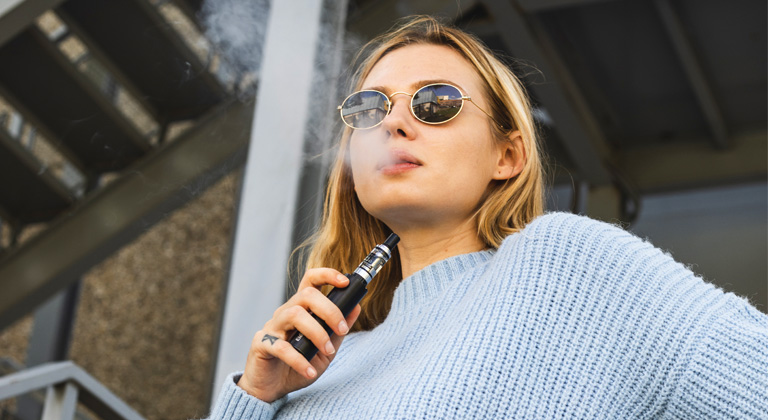
How to Consume CBD to Reduce Anxiety?
Consuming CBD to fight off stress and anxiety should be done with the recommendation and supervision of a professional that should state the dose and duration of the treatment for the patient. CBD has a much higher safety profile than benzodiazepines, but as with all treatments, it should not be done irresponsibly and without the necessary knowledge. Our body is the perfect machine that, when maintained correctly, doesn’t need external substances to be balanced.
Thanks to its multiple properties, CBD is legal in many countries around the world and is becoming more and more valid when it comes to treating certain pathologies.
Nowadays, there are many different products on the market that allow you to consume this cannabinoid in different ways; from edibles to drinks, even cannabis flowers and e-liquids rich in CBD for those that prefer to vape; it’s a much faster way to allow for the effects to take place and less of a health risk than smoking.
Additionally, many people combine other cannabis compounds with CBD in order to obtain a relaxing effect, such as CBD e-liquids with terpenes that produce calming effects.
Powerful Habits to Fight Anxiety
There is a series of factors that contribute to somebody developing an anxiety disorder. A good lifestyle and set of good habits can reduce the possibilities of suffering from anxiety or stress, even if you’ve already started having symptoms or stopped:
- Reducing screen-time: it’s been proven that screens over stimulate the brain and program it to expect immediate gratification, which can then turn into anxiety and stress. Reduce the time you spend in front of a screen as much as you can.
- Walking: this is one of the most powerful yet simple ways to fight anxiety. It’s been proven that just 20 minutes of walking reduces stress responses, such as cortisol, as well as arterial pressure and fatigue. Whatever the reason may be for your stress or anxiety. The motive behind the stress or anxiety doesn’t matter; whether you’ve had an argument, bad news, or something has happened at work, try going out for a walk. As a preventive measure, it’s a good idea to get into the habit of walking for at least an hour every day.
- Get enough quality sleep: sleeping badly or not a lot can cause the nervous system to deregulate and increase anxiety levels. Try and keep good sleep habits and give your body enough time to rest at night time (this can affect the circadian rhythm) and get rid of stressful stimulants such as phone screens before sleeping.
- Reduce the consumption of substances such as coffee, tobacco or alcohol.
- Practice aromatherapy: some terpenes such as limonene, linalool or myrcene have relaxing properties.
- Spend time in nature: try and spend more time in nature and less time surrounded by cars, pollution and noise.
- Exercise: doing sports reduces stress levels, increases self-esteem and can help to sleep better.
- Cut off or learn to handle relationships with people that cause you stress: make sure to take into account who you hang out with, especially if they are close relationships. The term “toxic person”, which has recently become popular, is simply a name given to people that make your cortisol levels increase. Evaluate if you have any harmful relationships in your life and evaluate how you can move away from them or reform that link.
- Therapy: as we mentioned above, therapy can help people to acquire tools they previously didn’t have when it comes to handling emotions and problems.

In conclusion, healthy lifestyles alongside a little help from CBD during stressful periods can be a great alternative to benzodiazepines in many cases. However, we still need to explore the effects produced by this cannabinoid in much more depth; the scientific and community is putting more and more effort into discovering the possibilities of this cannabinoid when it comes to our bodies.
1-Cannabidiol modulates serotonergic transmission and reverses both allodynia and anxiety-like behavior in a model of neuropathic pain. Danilo De Gregorio, Ryan J. McLaughlin, […], and Gabriella Gobbi.
2-Cannabidiol: A Potential New Alternative for the Treatment of Anxiety, Depression, and Psychotic Disorders. María S. García-Gutiérrez, Francisco Navarrete, […], and Jorge Manzanares.
3-Baker MJ, Greenwood KM, Jackson M, Crowe SF. Cognitive effects on long‐term benzodiazepine use: a meta‐analysis. CNS Drugs 2004; 18:37‐48.
4-Lechin F; van der Dijs B, Vitelli-Flores G, Báez S, Lechin ME, Lechin AE, Orozco B, Rada I, León G, Jiménez V (February de 1994). «Peripheral blood immunological parameters in long-term.

